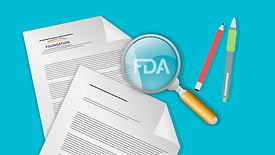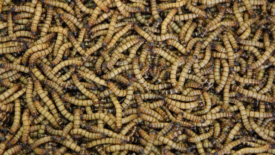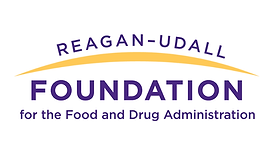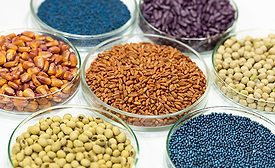Home » Keywords: » review
Items Tagged with 'review'
ARTICLES
Food Safety Insights: 5 Years Later, Part 2
Celebrating the Food Safety Insights partnership with Food Safety Magazine
October 18, 2021
Food Safety Insights: 5 Years Later, Part 1
Celebrating the Food Safety Insights partnership with Food Safety Magazine
August 17, 2021
Never miss the latest news and trends driving the food safety industry
eNewsletter | Website | eMagazine
JOIN TODAY!Copyright ©2025. All Rights Reserved BNP Media.
Design, CMS, Hosting & Web Development :: ePublishing









